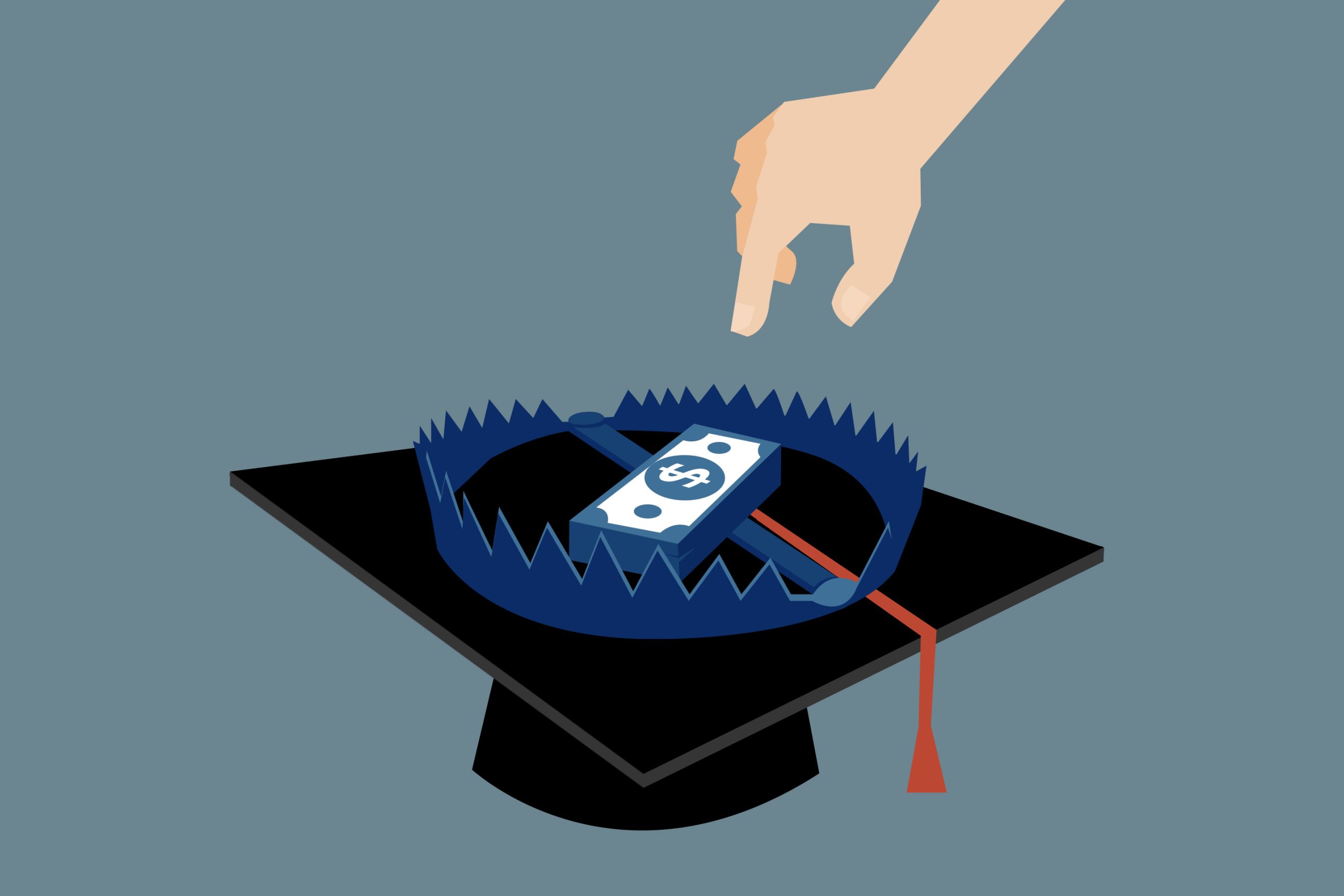
BBB CONSUMER TIPS: Scam alert: Student loan pause is ending. Here’s how to avoid scams (Photo: Post and Courier)
As student loan forgiveness ends, here are some ways to avoid scams
According to a published article from WSAV, many con artists are taking advantage of the federal government’s announcement that the almost three-year moratorium on student loans will end stealing your personal information.
Many scammers hide behind terms like this to try and steal your personal information, and the Better Business Bureau (BBB) has already received many cases of people receiving fake information concerning “new 2023 guidelines.”
Ways the con operates on student loan repayment scams
The BBB reports that when you respond to someone who contacts you through phone, text, email, or letter and offers you “student loan consolidation” or a “student loan reduction program,” they will need personal information to verify your eligibility.
Then you start paying a third-party provider, which never applies any of your payments to your current student loans. This results in student loan repayment scams.
Sharing any personal information puts you in danger of identity theft, even if you never make payments.
How to spot frauds with student loan repayment scams
According to a published article from Aiken Standard, before making payments, the BBB advises that you become familiar with the conditions of your student loan and relief program to avoid student loan repayment scams. Your student loan servicer may have changed in the past three years, so be sure to identify them and maintain touch with them.

Student Loan Scams: 3 Warning Signs to Watch for (Photo: Money)
To avoid student loan repayment scams, never pay for a government program that is offered for free. Some con artists will claim to be able to help you if you purchase an “upgraded” student loan package. You won’t be asked to pay these kinds of fees by a legitimate government organization.
Be wary of arbitrary calls, emails, or texts purporting to be from the government to avoid student loan repayment scams. Most likely, unless you permit them, the government won’t get in touch with you through these methods.
RECOMMENDED:
























